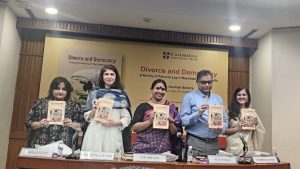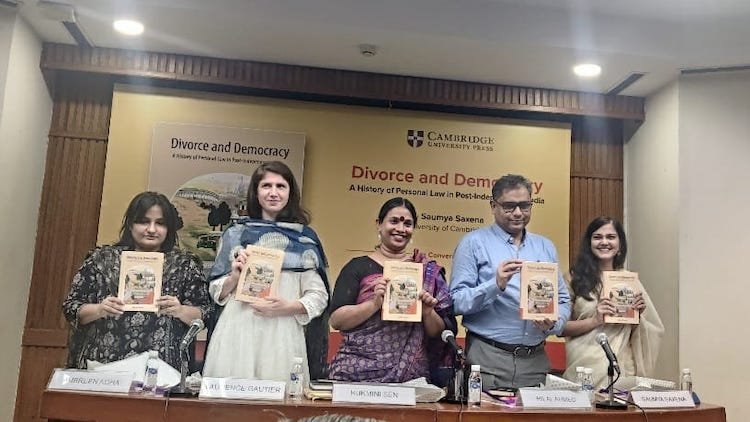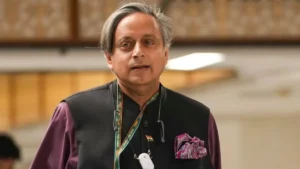
A new book on divorce laws and various religions in the post-colonial era was released at the India International Centre. The book ‘Divorce and Democracy: A History of Personal Law in Post-Independence India’ talks about family law, religion, and gender politics in India. The book has written by Saumya Saxena, a British Academy Fellow at the faculty of History, University of Cambridge, the book talks about the Indian state’s difficult dialogue with divorce, which reconciles largely through religion.
Bank Maha Pack includes Live Batches, Test Series, Video Lectures & eBooks
The essence of the book:
- This book captures the Indian state’s difficult dialogue with divorce, mediated largely through religion. By mapping the trajectories of marriage and divorce laws of Hindu, Muslim, and Christian communities in post-colonial India, it explores the dynamic interplay between law, religion, family, minority rights and gender in Indian politics.
- It demonstrates that the binary frameworks of the private-public divide, individuals versus group rights, and universal rights versus legal pluralism collapse before the peculiarities of religious personal law.
- Historicizing the legislative and judicial response to decades of public debates and activism on the question of personal law, it suggests that the sustained negotiations over family life within and across the legal landscape provoked a unique and deeply contextual evolution of both, secularism and religion in India’s constitutional order.
- Personal law, therefore, played a key role in defining the place of religion and determining the content of secularism in India’s democracy. The book shows a dynamic interplay between law, religion, family, minority rights, and gender in Indian politics. The book will include the demands of both men and women.




 Which Lake is known as the Jewel of Udai...
Which Lake is known as the Jewel of Udai...
 Which is the Largest Banana Producing St...
Which is the Largest Banana Producing St...
 Shashi Tharoor Conferred Honorary D.Litt...
Shashi Tharoor Conferred Honorary D.Litt...








